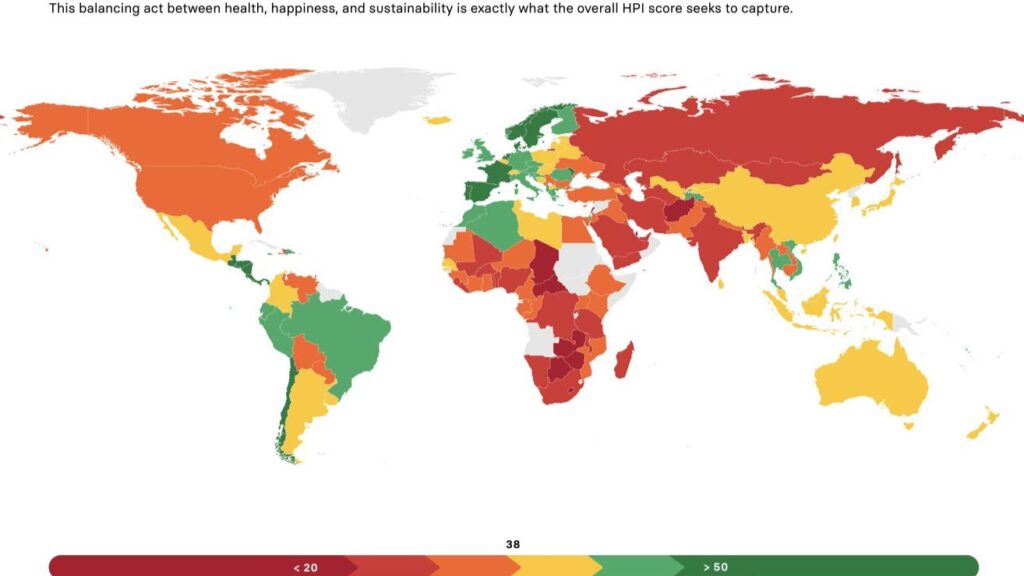
‘…while tensions within the family may carry political implications, young people do not appear to perceive intergenerational political conflict as more salient than disagreements in other domains, such as the use of digital devices.’

As Hungary’s parliamentary elections approach, polls are becoming increasingly important. Beyond overall support rates, we can expect more heated debates about which social groups politicians have managed to reach and which they have not. In this context, we ask the question: What is the situation with young people?

Public interest in artificial intelligence has surged, yet signs of fatigue are emerging. Once viewed as distant and abstract, AI now dominates tech discourse—but many feel overwhelmed. Drawing on theories of public attention and innovation, this article explores how AI hype may be outpacing society’s capacity—and willingness—to adapt.

‘…we examined the dimensions of life satisfaction in Hungary, Transylvania, and Upper Hungary among a target group of disadvantaged individuals, primarily of Roma background. The results indicate that financial situation, housing conditions, family and relationship ties, and broader support from family and friends are all associated with levels of satisfaction.’

Nearly two-thirds of young Hungarians aged 15-29 do not consider it important to find out what political views an influencer represents. Those who follow several content creators typically feel this to be less important (10 per cent) than those who only follow one influencer (25 per cent), but even among them there are almost twice as many who do not consider it important to be aware of an influencer’s political views.

In a recent survey by the Youth Research Institute, more than half (52 per cent) of young Hungarian adults polled said that despite the current inflationary environment, they are able to live well on their income, with a further three per cent claiming not to have any financial worries.